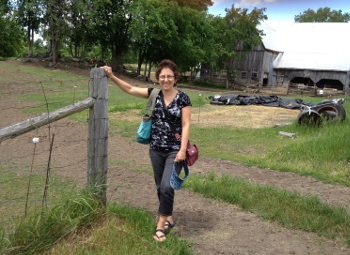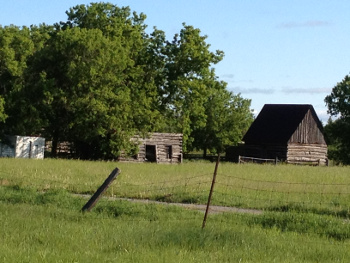Ontario Dialects Project


Canadian English is thought to be the same from sea to sea; however, that is only the case if we consider middle-class people in large cities. What about the people who live in the many small cities, towns, hamlets and farms across Ontario?
The Ontario Dialects Project aims to seek out and discover the wealth of Ontario’s people, their history culture and importantly their ways of speaking.
My research in Ontario has already received a lot of media attention:
- The Millstone (May 3, 2012): Dialects in the community: Sociolinguistic research in the Almonte area
- Haliburton Echo (May 15, 2012): Linguist collecting Haliburton stories for study
- CBC News Ottawa (June 1, 2012): "Pickin' burries": the Ottawa valley dialect
- The Millstone (June 2, 2012): Sali Tagliamonte studies the Ottawa valley accent
- Ottawa Citizen (June 4, 2012): Linguist finds Ottawa Valley talk alive and well
- Ottawa Region (June 26, 2012): Linguist finds 'how she go' down the valley way during research trip

